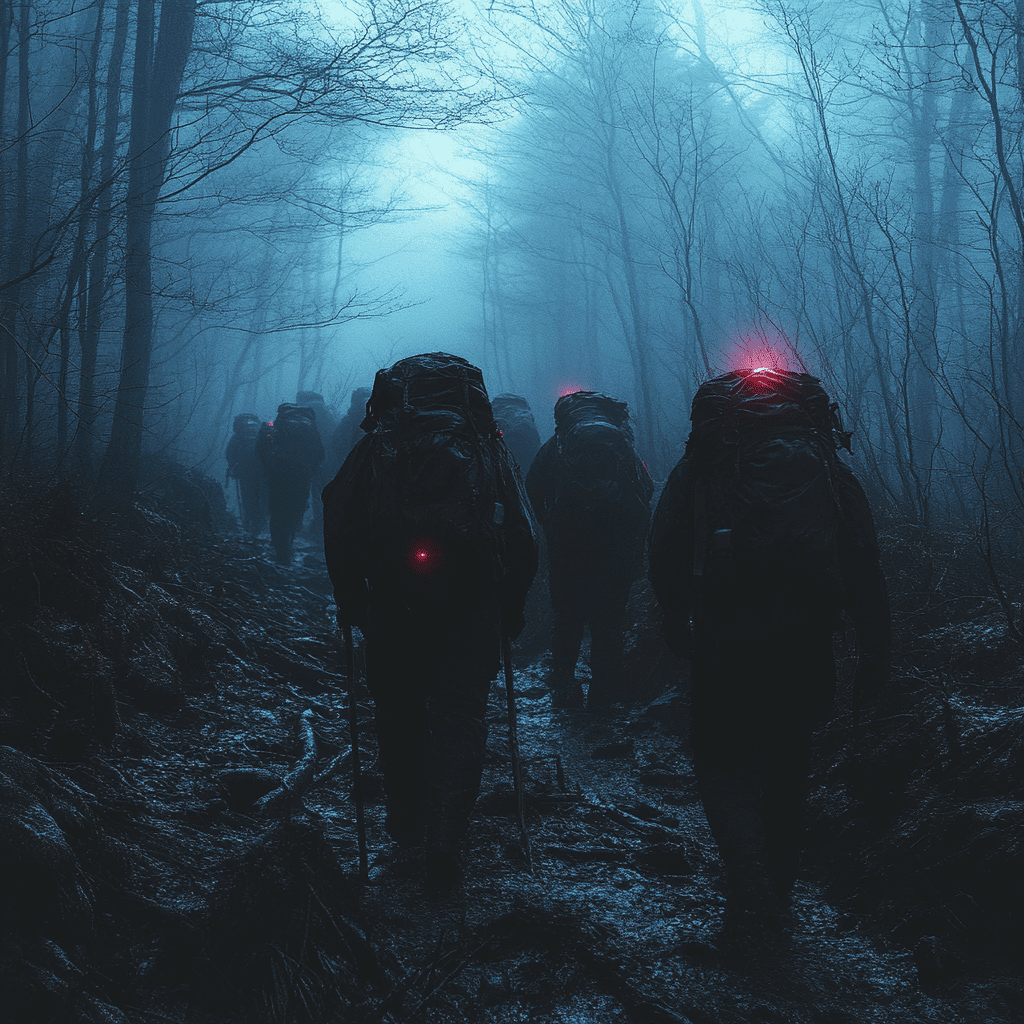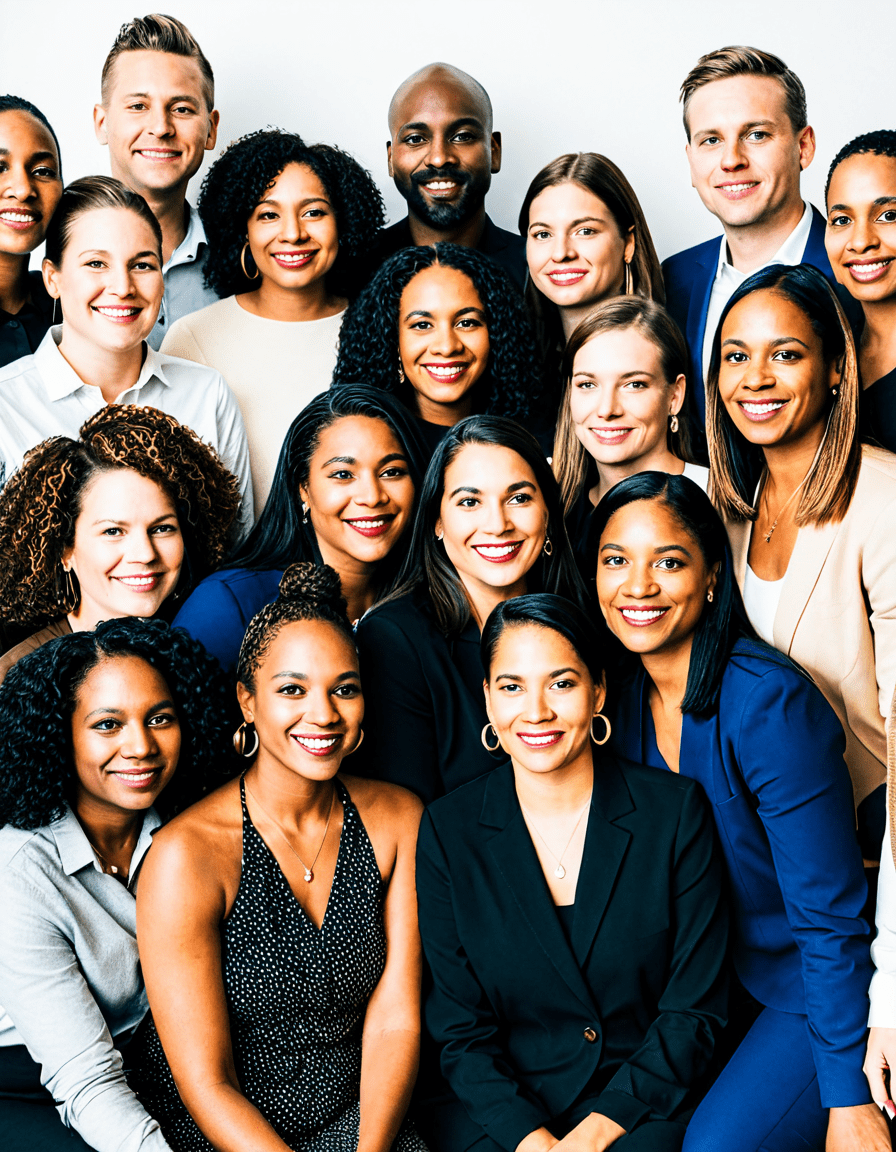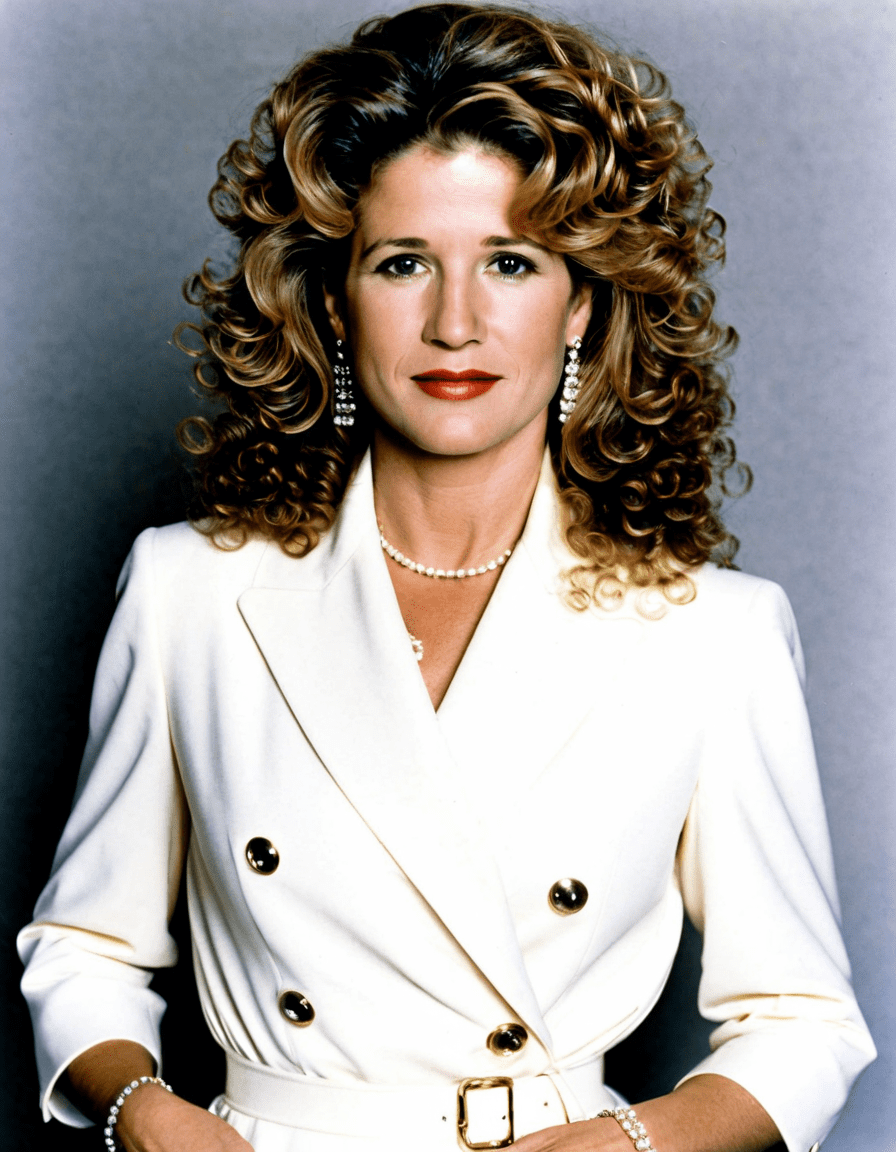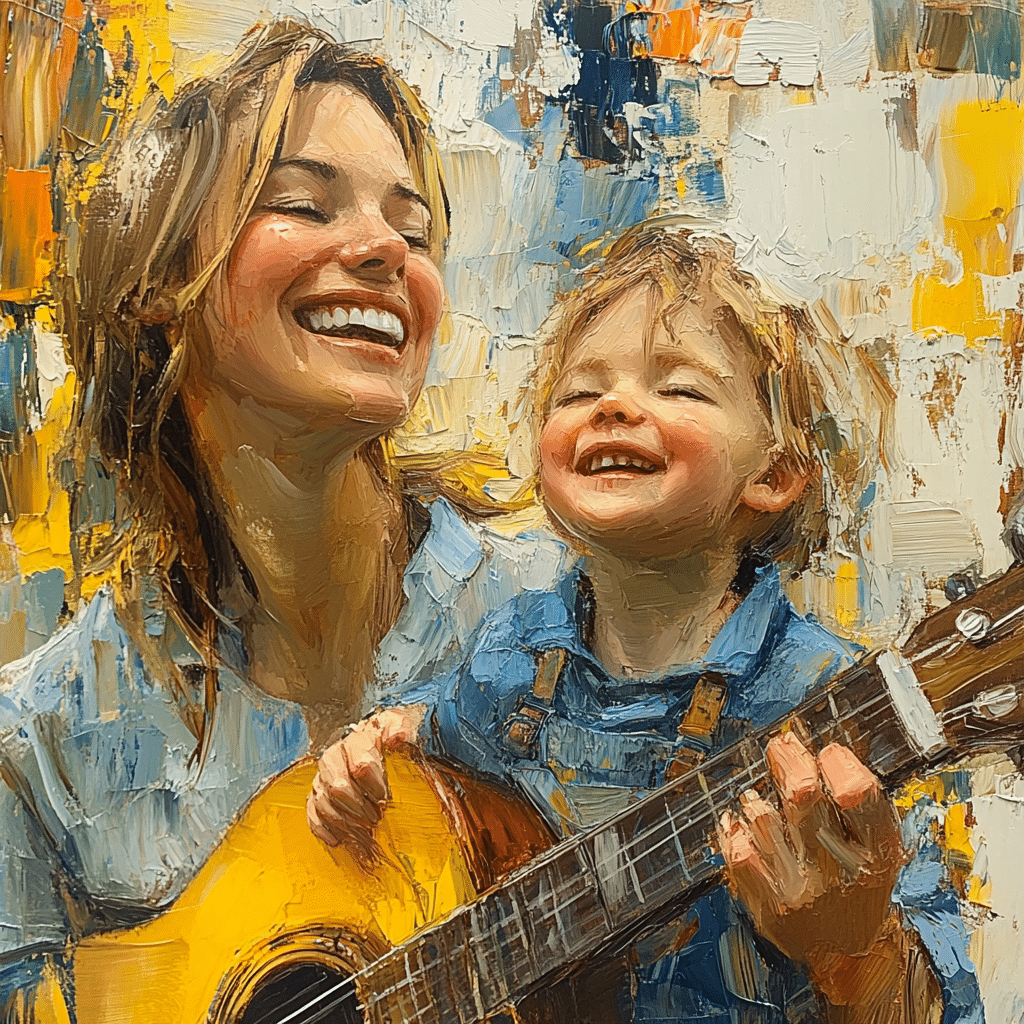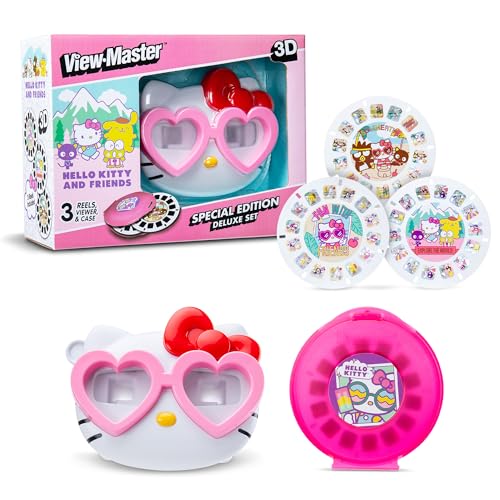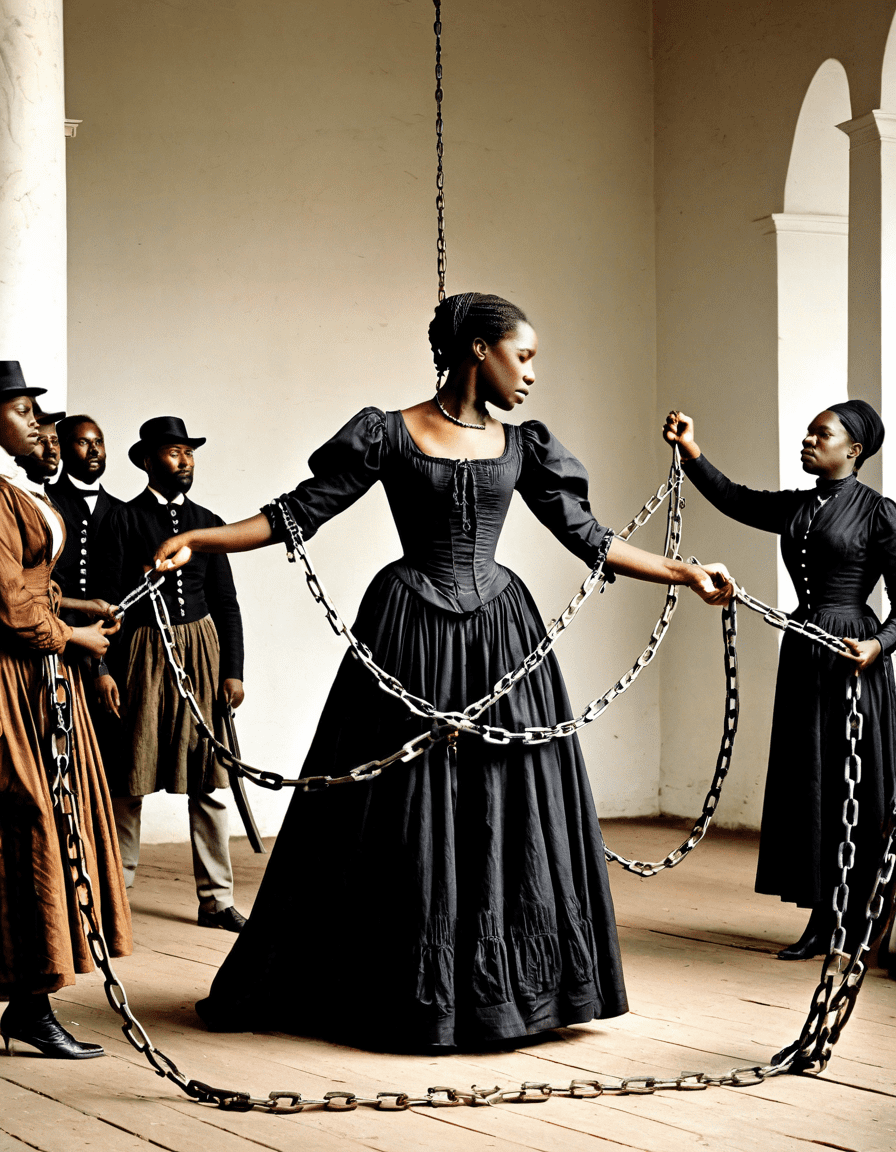Ah, “Karen”—the name that has stirred up countless debates and inspired viral memes. But let’s dig a little deeper than just the amusing clips we’ve all seen. In 2026, the persona of Karen has become a multifaceted symbol, illuminating various societal issues that affect our culture today. Let’s explore seven ways “Karen” signifies our current societal climate and why she’s a topic we can’t seem to shake off.

7 Ways ‘Karen’ Symbolizes Societal Issues Today
The “Karen” stereotype, once merely a buzzword for a specific type of behavior, has morphed into a more complex cultural symbol, reflecting both entitlement and resistance to change. Here’s how this controversial figure has shaped our cultural landscape.

1. The Entitlement Narrative: From Memes to Mainstream
The “Karen” stereotype has become synonymous with entitlement, fueling a narrative that puts a spotlight on privilege. Think back to the numerous viral videos during the COVID-19 pandemic, where individuals demanded exceptions to service policies. Remember the viral clips of Karens refusing to wear masks or insisting on speaking to the manager? Those moments showed America at its most entitled.
Companies like Starbucks had to come up with clear guidelines just to keep the peace. As they balanced customer service with public health, the Karen narrative became essential for businesses to respond to—the “I want what I want, and I want it now!” mindset that many found hard to swallow.

2. The Role of Social Media in Amplifying ‘Karen’ Moments
It’s no secret that platforms like Twitter and TikTok have taken the Karen phenomenon to unimaginable heights. Here, viral videos become teaching moments, highlighting race, class, and gender issues. Who can forget the infamous incident involving Amy Cooper in Central Park? This encounter set off waves of conversations about systemic racism and privilege, pushing brands to align their marketing with social justice values.
This explosion of digital content has forced many individuals and organizations to evaluate their responsibility in what they share online. Karen is no longer just a character but a lens through which many are examining their daily lives and behaviors.
3. Karen as a Reflection of Feminist Backlash
Let’s face it: the Karen figure often embodies the backlash against feminism. When women assert themselves in the workplace or social settings, they can be labeled as “Karens” for not conforming to traditional roles. This creates a complex dynamic that leaves many wondering if speaking out or advocating for oneself leads to negative stereotypes.
It’s a reflection of a larger discourse on gender dynamics. Women who stand up against perceived injustices often face judgment and ridicule, turning the Karen name into a loaded term filled with implications that challenge the progress feminism has made.
4. Marketing and the ‘Karen’ Effect: Opportunities and Challenges
Brands are now tiptoeing around the Karen narrative when crafting their marketing strategies. Take Dove—they’ve captured the conversation on femininity and identity in their ads, using it to challenge stereotypes. Their focus on self-empowerment aligns them with positive portrayals, aiming to shift the narrative away from entitlement toward inclusiveness.
However, not every attempt hits the mark. Some brands have faced backlash for appearing insincere in their messaging, exploiting the term for profit without true commitment to social change. This raises questions about authenticity. How can brands participate without merely capitalizing on the controversy?
5. The Psychological Underpinnings Behind the ‘Karen’ Phenomenon
Diving deeper, researching the psychological elements behind the Karen stereotype reveals unsettling truths about entitlement and privilege. Studies suggest that those who display Karen-like traits may feel empowered by societal hierarchies, emphasizing how these dynamics shape behavior in everyday life.
It serves as a wake-up call: we need to confront the root causes of entitlement as a society. As much as we chuckle at the funny clips, the underlying issues are pivotal to understanding these actions on a broader scale.
6. The Global Context of ‘Karen’: Beyond U.S. Borders
Interestingly, the Karen archetype isn’t a U.S. exclusive. Across the pond in the UK, you might hear similar figures referred to as “Stacy” or “Chad,” each emphasizing nuanced cultural interpretations of entitlement. Each region seems to put its twist on the concept; thus, the phenomenon transcends borders while highlighting unique local characteristics.
The global lens helps illustrate how entitlement manifests differently based on cultural contexts, reminding us that privilege exists everywhere, and so do the discussions about it.
7. Reclaiming ‘Karen’: The Way Forward
Despite the controversy, many named Karen are working to reshape the narrative. Initiatives like #KarenforChange encourage women with the name to become advocates for social justice, turning their identities into platforms for positive transformation. This movement highlights the power of names and labels to evolve and mean something different in contemporary dialogue.
Many women share their stories and engage in community projects, redefining what being a Karen means in a much more favorable light. Their efforts emphasize that anyone can contribute to societal change, regardless of the name they carry.

Navigating the ‘Karen’ Narrative: A Society in Transition
At its core, the figure of “Karen” is more than just a punchline. She represents a collage of societal issues—entitlement, feminism, and privilege, all wrapped into one. As we evolve in an increasingly interconnected world, the Karen narrative serves as a mirror reflecting our collective growing pains and aspirations.
Confronting these conversations creates openings for understanding and equity. The future of the Karen narrative offers paths for transformation, pushing society to address biases and pursue progress unflinchingly. Through this lens, we find the potential for dialogue that upholds mutual respect and accountability as we shape our society.
So next time someone jokingly calls you a Karen, maybe consider what’s behind that label. We’re all works in progress, after all. Who knows? Maybe embracing our quirks could make the world a little more understanding, one Karen at a time.

Karen: The Controversial Figure Shaping Our Society
Understanding the Karen Phenomenon
Everyone’s heard the term “Karen” by now, right? This pop culture icon embodies a certain type of demanding behavior, usually associated with entitlement and a flair for causing drama. Interestingly, similar concepts have appeared in various media. For example, it’s a little like when characters in a story must decide how to survive a chaos-filled landscape, much like the people featured in the Scout Guide zombie apocalypse. It’s a mix of survival instincts and the absurdity of situations that often leave us laughing or shaking our heads.
Pop Culture Connections
Just like the characters in movies about flight such as Planes, Karens can often take on a comical role on-screen. The exaggerated traits depicted suggest a tongue-in-cheek commentary on certain societal behaviors. Many famous faces have also been linked to the archetype; take Peyton Meyer, who has his fans buzzing, much like how discussions about Karen can heat up a conversation. It’s fascinating how this archetype transcends just one definition and begins to seep into various narratives, creating a tapestry of cultural reflections.
Social Commentary and Humor
Moreover, the way “Karen” jokes infiltrate our daily lives can be compared to a growing trend in pop songs. Wouldn’t it be fun if we had a Taylor Swift heardle game focused on picking out songs about empowering individuals against Karens? Not only can humor help relieve the tension surrounding such a charged figure, but it also opens the door for a broader discussion about our shared experiences. On the lighter side, while many might share a laugh about a “Karen” sighting, it can also spark serious conversations about equality and justice in our communities, making it a clear cut case of life imitating art—just like the character of Alice would face relatable trials in her adventures.
Understanding the Karen phenomenon might feel multifaceted, but it shines a spotlight on modern behavior. Think of it as a cup of good coffee—not just about the taste, but also the experience surrounding it. From the absurd to the serious, this figure keeps our conversations lively and relevant, reminding us of the changing dynamics in our societal interactions. So, whether you’re in the midst of a heated online debate or enjoying a casual chat with friends, just remember the varied layers that shape what it means to navigate life with a “Karen” around.

What is the difference between a Karen and a Becky?
The main difference between a Karen and a Becky often comes down to social dynamics and stereotypes; a Karen typically embodies entitlement or privilege, while a Becky is seen as a girl next door, often considered more naive or less aware of social issues.
What is Karen short for?
Karen is usually just a standalone name and isn’t really short for anything specific; it’s its own identity in pop culture now.
What is the origin of the Karen people?
The Karen people, or Kayin, are an ethnic group from Southeast Asia, mainly found in Myanmar and Thailand, with a rich history and distinct cultural practices.
What name will replace Karen?
No official name has fully replaced Karen in trending slang, but terms like “Becky” and “Chad” are often used in similar contexts for other stereotypes.
Why do people say she’s a Karen?
People say she’s a Karen when they see someone acting entitled or demanding special treatment, usually in a public setting, often causing a scene over minor issues.
Is a male Karen called?
A male version of a Karen is sometimes referred to as a “Kevin” or “Ken,” reflecting similar entitled behavior but in a male context.
Is anyone named Karen anymore?
While it’s less common now, there are still people named Karen, but the name has significantly declined in popularity.
What does Susan mean?
Susan generally means “lily” in Hebrew and is often seen as a friendly and classic name that’s stood the test of time.
What is a linda?
A “Linda” is a name that means “beautiful” in Spanish and has been popular in English-speaking countries, linked to the song “Linda” by Buddy Holly.
Which state has the most Karens?
It’s hard to say for sure which state has the most Karens since it’s more about behavior than demographics, but you might find those stereotypes popping up in suburban areas across the U.S.
Why do Karen people wear neck rings?
Karen people wear neck rings as part of their cultural tradition, believed to elongate the neck as a sign of beauty and status, which they often carry on through generations.
Where are Karens mostly found?
Karens, or the Karen people, are mostly found in Myanmar (Burma) and Thailand, where they have distinct villages and communities.
Is Karen a pretty name?
Whether Karen is a pretty name is subjective; some folks think it’s charming, while others associate it with negative connotations due to stereotypes.
Why was Karen such a popular name?
Karen was popular in the mid-20th century largely due to cultural influences like TV shows and movies, and it was seen as a trendy name for baby girls.
What is another term for a Karen?
Another term for a Karen could be “entitled person,” as it captures the essence of the stereotype without using a specific name.
What is the difference between Karen and Keren?
The difference between Karen and Keren mainly lies in their cultural background; Keren is a name of Hebrew origin meaning “horn” or “ray,” while Karen is European.
What does it mean to be called a Susan?
Being called a Susan often implies someone who is seen as conventional or basic, almost like a subtle dig about being predictable.
What are the different names for Karen?
Different names that reflect similar qualities to Karen might include “Becky,” “Chad,” or “Susan,” each bringing its unique stereotype.
What is a Karen haircut?
A Karen haircut typically refers to a specific hairstyle, often a short, angled bob with blonde highlights, which has become a cultural icon associated with the “Karen” stereotype.



